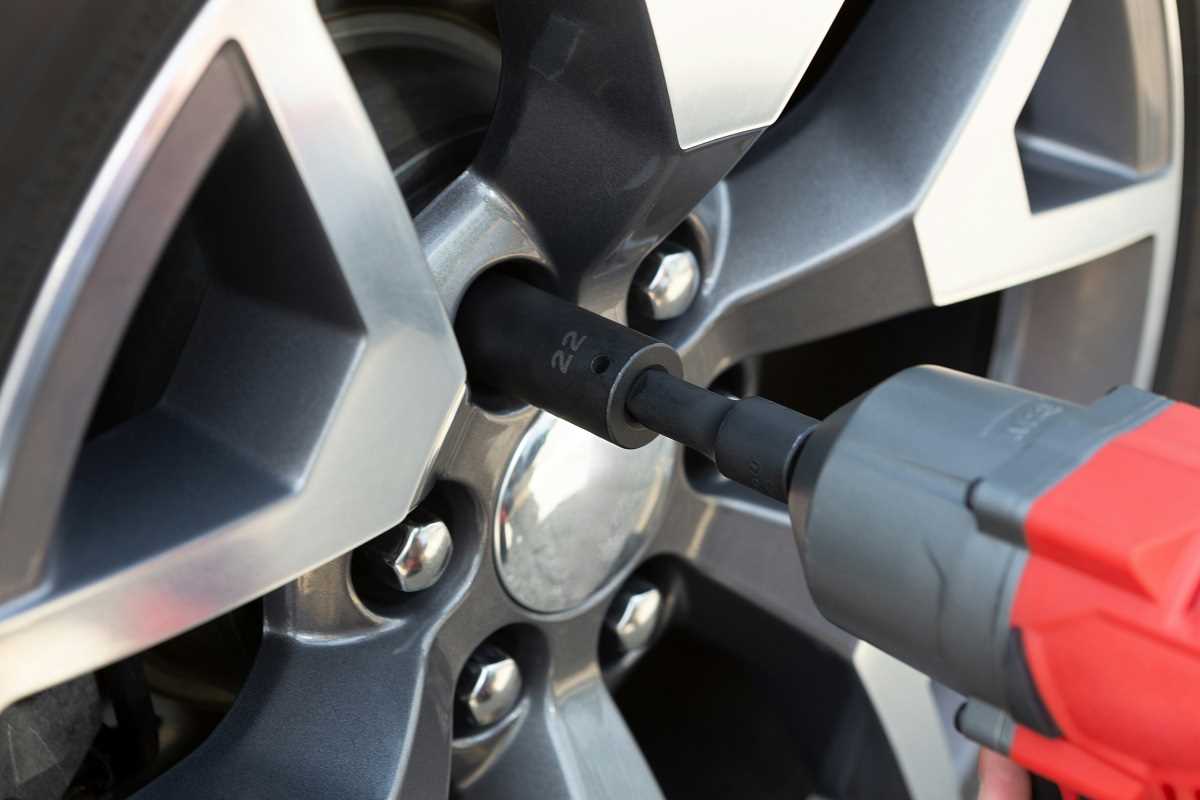We've all been there. That dreaded moment when you turn your key in the ignition and instead of the comforting purr of your engine, you get... nothing. Maybe a sad little click if you're lucky. Your battery has given up the ghost, and of course it happened when you're already running late. Because timing is everything when it comes to automotive failures.
Battery replacement isn't just an inconvenience, it's an unnecessary expense that adds up over your car's lifetime. At $150-300 a pop, replacing a battery that died prematurely because you couldn't be bothered to clean off some corrosion is just throwing money away. And if you're still paying someone else to replace your battery, well, I'm judging you a little.
Environmental considerations matter too. Dead batteries contain lead, acid, and other materials that require proper disposal. Every time we extend the life of a battery; we're keeping another hunk of toxic materials out of the waste stream a bit longer. Small victories, people.
The Science Behind the Power
Your car battery isn't some mystical black box, it's essentially a chemical reactor. Inside those unassuming plastic walls, lead plates sit in sulfuric acid, creating a chemical reaction that produces the electrons that power everything from your starter motor to your phone charger.
Understanding your battery's needs isn't rocket science, but it does require a basic grasp of what's happening under the hood. A battery doesn't "store" electricity like a reservoir holds water; it's constantly engaged in chemical processes that can either sustain or degrade its function. Treat it right, and it rewards you with reliable service; neglect it, and prepare for that moment of silent automotive judgment when you're left stranded.
Twelve Ways to Keep Your Battery Alive Longer
1. Turn off all lights when exiting your vehicle. This seems obvious, but it's still the number one cause of unexpected battery drain. Modern cars often have automatic headlights, but interior lights, glove box lights, and trunk lights can all discharge your battery if they remain on overnight.
2. Drive your car regularly and for decent distances. Short trips don't allow your alternator enough time to recharge what was used during startup. Try to drive at least 20 minutes a few times a week to keep your battery properly charged.
3. Keep your battery secured tightly. A battery that moves around experiences internal damage from vibration. Check that your battery is securely fastened in its tray, no movement should be possible.
4. Clean the terminals regularly. That crusty white or greenish stuff on your battery posts prevents proper electrical connection. Mix baking soda with water, grab an old toothbrush, and scrub those terminals clean every few months.
5. Test your battery's charge level periodically. Inexpensive testers are available at any auto parts store. Regular testing allows you to catch problems before they leave you stranded.
6. Limit electronics use when the engine is off. Sitting in your parked car with the radio blasting while you charge your phone is a quick way to drain your battery. If you need to use electronics, keep the engine running.
7. Address electrical problems immediately. Faulty alternators, voltage regulators, or parasitic drains will quickly destroy even a new battery. That weird flickering dash light might be telling you something important.
8. Park in moderate temperatures when possible. Extreme heat accelerates battery degradation, while extreme cold reduces efficiency. Garages or shaded areas are your battery's friends.
9. Use a battery tender for vehicles you don't drive regularly. These devices maintain optimal charge without overcharging. They're essential for seasonal vehicles or cars you don't drive weekly.
10. Consider upgrading to an AGM battery. Absorbed Glass Mat batteries cost more upfront but typically last longer, especially if you have lots of electronics or live in extreme climates.
11. Have your charging system checked annually. A charging system that's overcharging or undercharging will significantly reduce battery life. This simple diagnostic can save you from premature battery replacement.
12. Disconnect the battery during long-term storage. If you're not driving your vehicle for more than a month, disconnecting the negative terminal prevents slow discharge. Just remember this will reset your electronics.
Maintenance Anyone Can Handle
Keeping battery terminals clean is the automotive equivalent of flossing, easy to do, frequently neglected, surprisingly important. Corrosion appears as a white, blue, or greenish powder around your battery terminals. This substance reduces electrical conductivity and can prevent your battery from charging properly. A simple solution of baking soda and water, an old toothbrush, and five minutes of your time can keep connections corrosion-free.
Learning to jump-start a car properly is a skill everyone should master. Improper jumping can damage your battery, your car's electronics, or even cause an explosion. The correct cable connection sequence matters: connect positive to positive, then negative to a ground on the dead car (not the negative terminal). And always, always remove cables in the reverse order you put them on.
Signs Your Battery Is Crying for Help
Pay attention to how your car starts. If the engine cranks more slowly than usual or takes multiple attempts to start, your battery is likely weakening. This symptom is especially common in cold weather but can happen anytime a battery begins to fail.
The nose knows, a rotten egg smell around your battery suggests it's overheating or overcharging. This sulfurous odor comes from escaping gases and indicates serious problems. Don't ignore this warning sign; it often precedes complete failure by just days or weeks.
- Replace your battery every 3-5 years regardless of performance
- Invest in a quality battery charger with maintenance mode capabilities
- Use dielectric grease on terminals after cleaning to prevent future corrosion
- Consider a battery insulation kit if you live in extreme temperature regions
- Have your alternator tested annually after your vehicle reaches 5 years old
- Check for loose or corroded ground wires, which can affect charging
- Avoid aftermarket electronics installations from inexperienced installers
Your car's battery doesn't ask for much, just some basic maintenance and thoughtful use. Give it that minimal attention, and it will faithfully start your car thousands of times without complaint. Ignore it, and you'll find yourself in that parking lot, in the rain, calling for a jump or a tow. And seriously, who has time for that?
 (Image source: Midjourney)
(Image source: Midjourney) 
.jpg)




